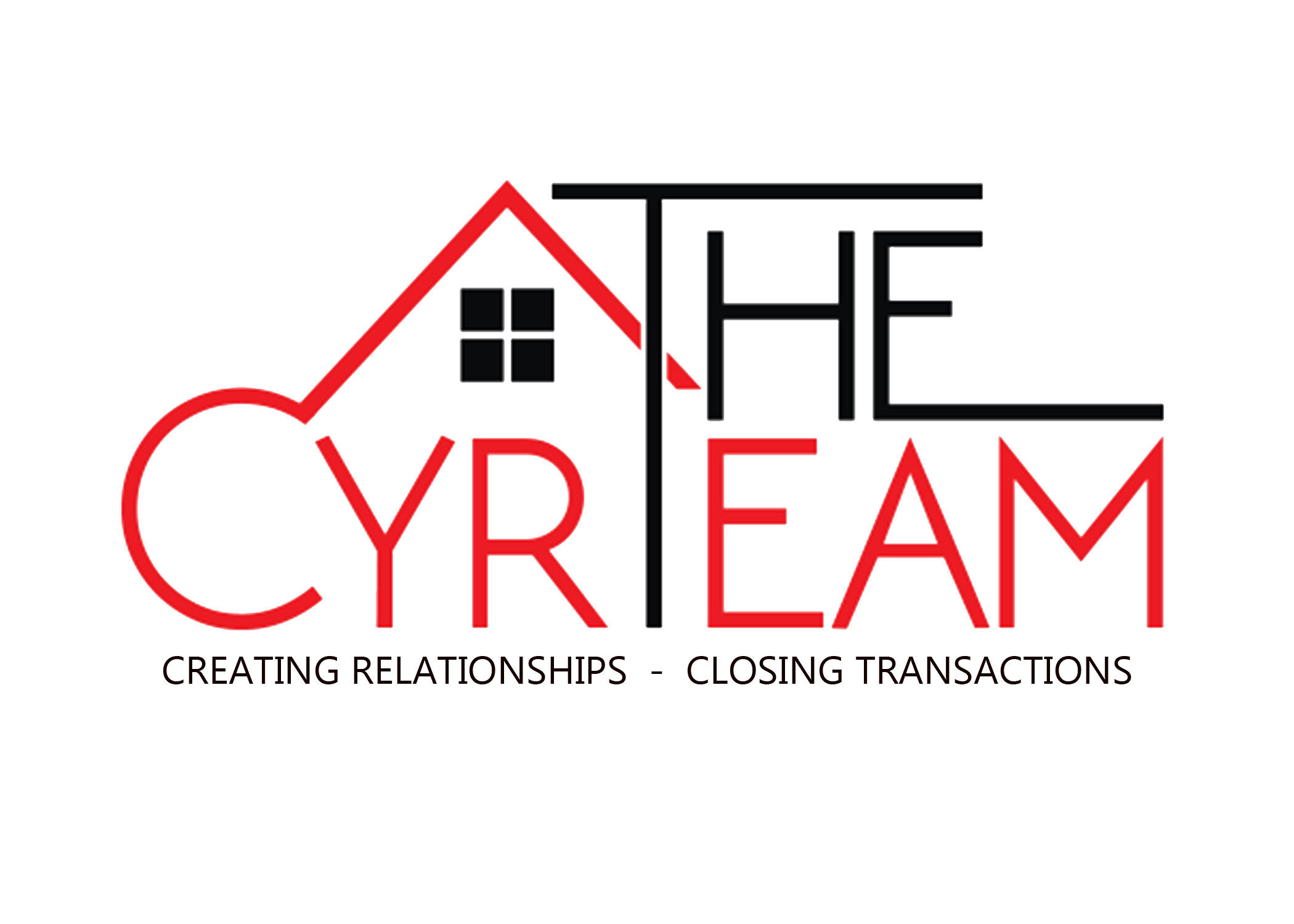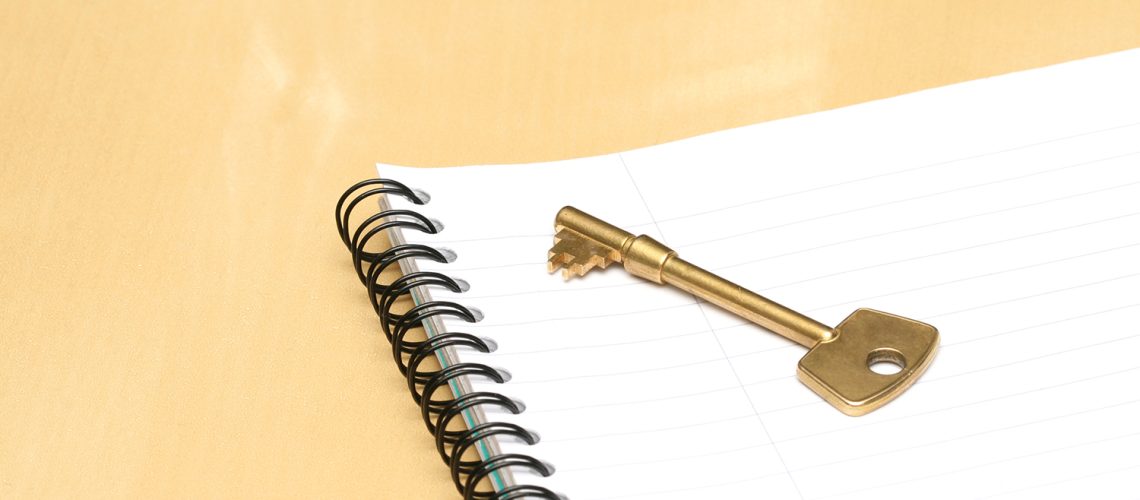When you buy or sell a home, there is a lot of paperwork that needs to be completed. These represent various legal documents, mortgage loan agreements, title records, tax information and other documents representing your side of the real estate transaction. The big question is what do you actually need to keep in your possession after your home purchase or sale is completed? The second question is how long do you need to hold onto these documents?
A standard real estate sale will leave you with a packet of documents that may be upwards of 180 sheets of paper—maybe more. You may have some digital documents and records that you want to archive, as well.
Some of us are natural pack rats and may hold onto every single document forever. That’s fine, but eventually there are things you can throw away. That said, you will want to understand what you do need to keep (as well as why and for how long) before you start shredding, burning or tossing out those files. Naturally, some documents are more important to retain than others. Let’s look at some of the most common questions we are asked.
How Do I Keep Electronic Records?
More and more real estate transactions are happening digitally these days. You will want to archive all electronic real estate records, which may be kept in cloud storage, saved emails and digital backups for safekeeping. It is usually a good idea to print everything out and keep hard copies around, just in case.
What if I Buy a Property?
If you are the buyer and subsequent owner of the property, it’s usually best to keep at least one physical copy of all your real estate, mortgage and tax records safely stored away safely. You may need to reference important information or provide certain records for tax reporting. We’ll go over the most important documents for your taxes a little later in this article. Having all of your purchase records will also be handy if you later decide to sell the property. Many key details will be included that will help make preparing the new listing easier for your real estate agent.
What if I Sell a Property?
Once you are no longer the owner of a property, many of the old documents you had as owner and some of the transactional records can be thrown away. However, you will want to keep any proof of paid-off mortgage loans (aka “deeds of trust”) in your name, and which have been recorded among the land records in the state or county where the property was sold. You should obtain a “release” or “certificate of satisfaction” that legally indicates your mortgage was paid off and recorded properly.
Which Home Selling Documents Should I Keep?
Here are some of the most important home selling documents you should hold onto for your own records:
Closing/Settlement Statement—This summarizes the financial aspects of the transaction and may be necessary for filing your taxes.
Capital Improvement Receipts—If you made significant upgrades to your property before selling, it’s wise to retain any receipts. This can help reduce capital gains taxes that will be owed on the home sale. In addition, any renovation permits should be kept indefinitely. If the new owner has a problem, you will want to have records showing the work was permitted and completely legally.
Home Warranties—You can also hang onto warranties for building improvements, roofing repairs, home appliances, pest control services, etc. The buyer should also have copies of these documents and most will be available online, as well. However, it’s just good to have them available for any issues that can arise later.
Which Documents Should I Keep for Taxes?
The IRS requires you keep home selling records for at least three years after the sale. Financial experts recommend keeping them for at least seven years. If you are ever audited, you will want to have the following documents readily available:
- Closing statement
- Any documentation proving the property was your primary residence for at least two of the prior five years
- 1099-S form from the IRS
- 1098 form, showing your paid mortgage interest, plus real estate taxes paid through escrow
- Records and receipts of any capital improvements
- Receipts for any moving expenses
Basically, you want to think before you start throwing out any real estate documents relating to a purchased or sold property. Understand why you need to keep them and have a good system in place for proper organization. Whether your copies are digital, physical, or ideally both, you will be happy you kept certain records if there are any tax, legal or financial issues that come up after the transaction is complete.
If you are looking to buy or sell a home in the Southeastern Pennsylvania or Northern Delaware area, contact The Cyr Team today for the best real estate representation. We’ll be happy to answer any questions you have about the real estate process.

